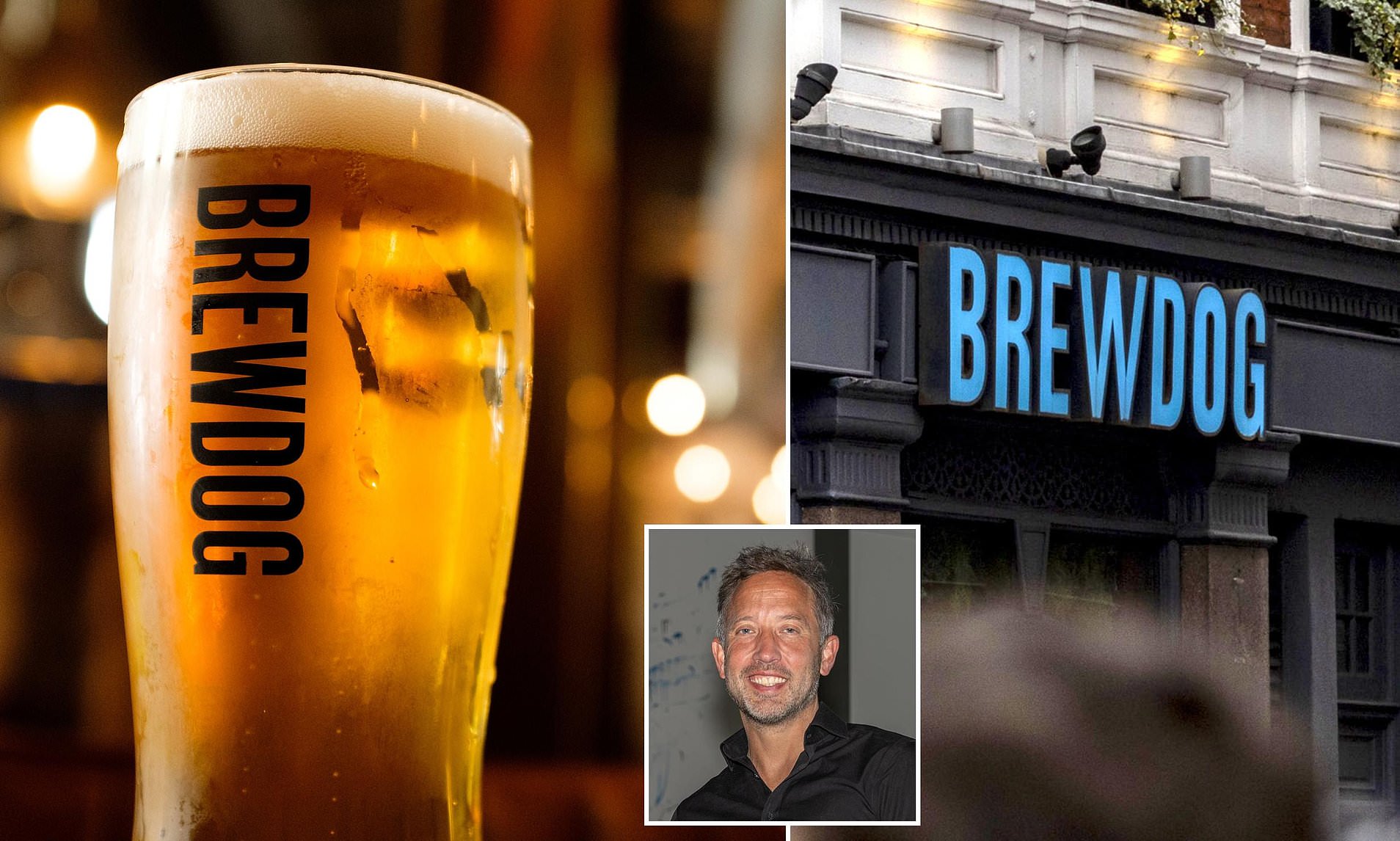Decline of BrewDog’s UK Presence
BrewDog, a once-celebrated name in the craft beer industry, is facing a significant downturn as its presence in British pubs diminishes. Over the past two years, nearly 1,860 pubs have removed BrewDog’s draught beers from their menus, marking a dramatic drop in distribution. This decline has cut the company’s UK reach by more than a third, signaling a troubling trend for the brand.
The most affected product is BrewDog’s iconic Punk IPA, which has seen a 52% reduction in availability across 1,980 pubs. As a result, many pubs are opting for alternatives like Camden Town and Beavertown, reflecting a shift in consumer preferences and pub owners’ strategies.
This data, shared with the Telegraph, highlights that the majority of pubs removing BrewDog products belong to large chains. These closures represent a critical loss of revenue for the brewer, especially as it attempts to stabilize its financial position.
CEO James Taylor recently admitted that the company’s financials are not favorable, with losses amounting to £59 million in 2023 and £30.5 million in 2022. He also warned that another loss is expected this year. This comes after James Watt, the founder, stepped back from his role amid allegations of improper conduct, leading to a leadership change. Taylor is now the second CEO in just over a year.
Industry insiders suggest that BrewDog will become increasingly dependent on JD Wetherspoon, whose 794 pubs now constitute a significant portion of its remaining distribution. This reliance may further strain the company’s ability to recover.
Lauren Caroll, BrewDog’s chief operating officer, acknowledged the challenges faced by independent brewers due to economic pressures. She noted that rising costs and cautious consumer spending have led pub groups to narrow their selections, with some focusing more on their own brands.
Caroll emphasized that BrewDog anticipated these trends and has shifted its focus to high-impact channels such as festivals, stadiums, and independent pubs. However, the company has also had to close 10 of its own branded bars across the UK, including its flagship site in Aberdeen, due to commercial viability concerns.
Earlier in the year, BrewDog closed six pubs globally, including locations in England, Europe, and the United States. These closures underscore the broader challenges the company faces in maintaining its market presence.
BrewDog has endured several controversies over the years, impacting its reputation. The brand was founded in 2007 by James Watt and Martin Dickie, gaining popularity in the 2010s during the surge in demand for independent beers and hoppy IPAs. However, recent years have seen a shift in fortunes, with reports of unhappy staff and internal turmoil.
Watt, who stepped down as CEO in May 2024, faced numerous allegations of misconduct, including claims that he made female bartenders feel uncomfortable and powerless. He denied these accusations and later married Georgia Toffolo, a media personality from Made In Chelsea. Watt has also been vocal in his criticism of the Labour government on LinkedIn.
In addition to these personal controversies, BrewDog has faced scrutiny over its environmental claims. The company previously claimed to be carbon negative but later abandoned the label after discontinuing offsetting schemes deemed too costly and inefficient. Environmentalists criticized the company for its claim of creating a carbon-negative forest in Scotland, as half of the 500,000 saplings planted had died.
Despite these issues, CEO James Taylor maintains that the company does not have an image problem. He stated that consumers perceive BrewDog as a producer of high-quality beer, a view that remains dominant among the public.
The company’s decision to sell a stake to the American private equity firm TSG Consumer Partners in 2017 further fueled criticism, as it made Watt and Dickie millionaires. This move contrasted with the brand’s anti-establishment ‘punk’ image.
As BrewDog continues to navigate these challenges, the broader hospitality sector is also under pressure. Recent data shows a significant decline in the number of hospitality sites, with 374 closures recorded by the end of June 2025. This represents a 14.2% reduction compared to pre-pandemic levels, with over 16,000 net closures in the past five years.
Economic factors such as higher National Insurance contributions, business rates, and wages have contributed to the struggles faced by pubs and restaurants. TV star and landlord Jeremy Clarkson recently highlighted the difficulties, comparing the situation to “Butch and Sundance at the end of the movie,” emphasizing the ongoing challenges for pub owners.










